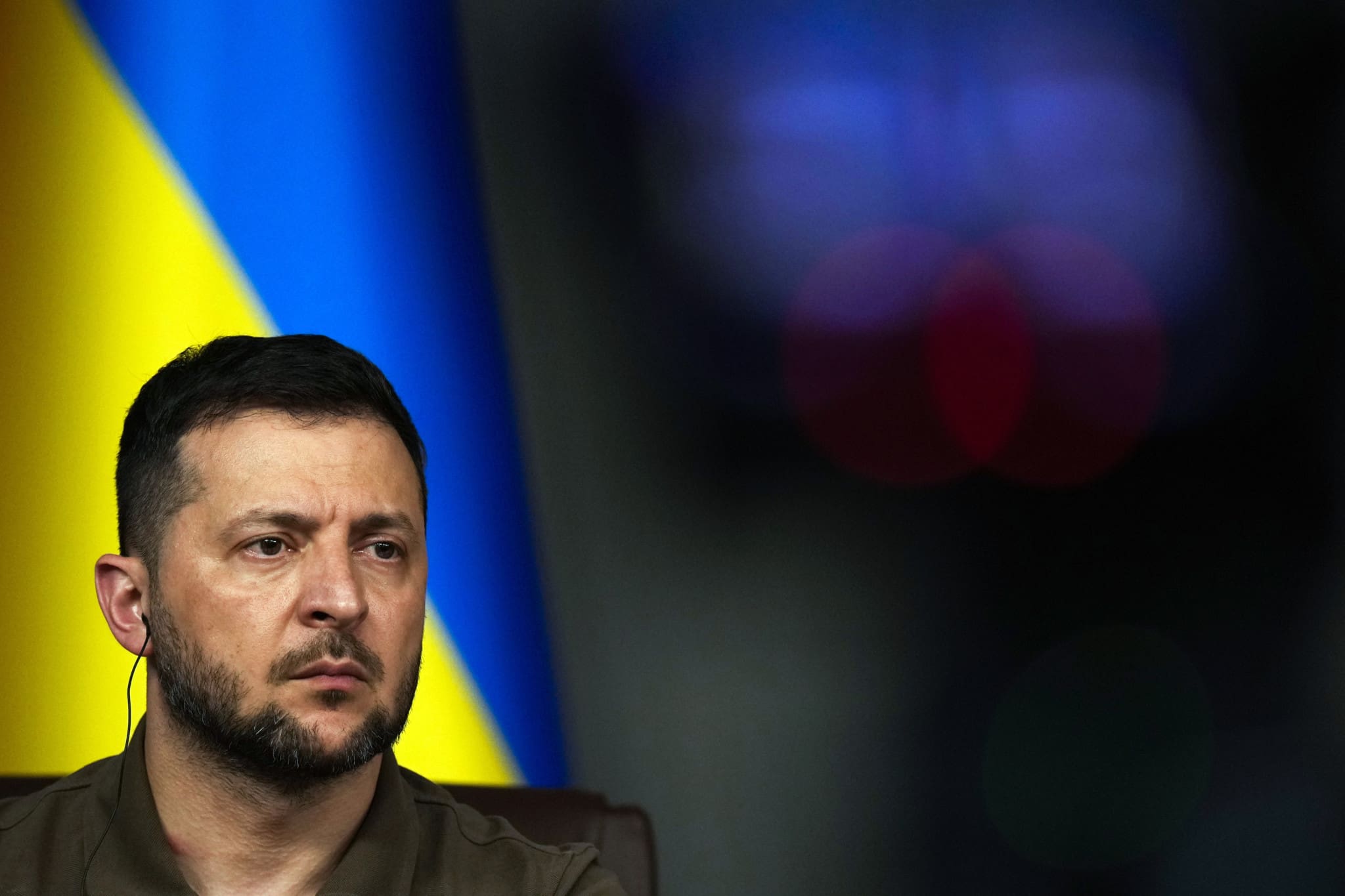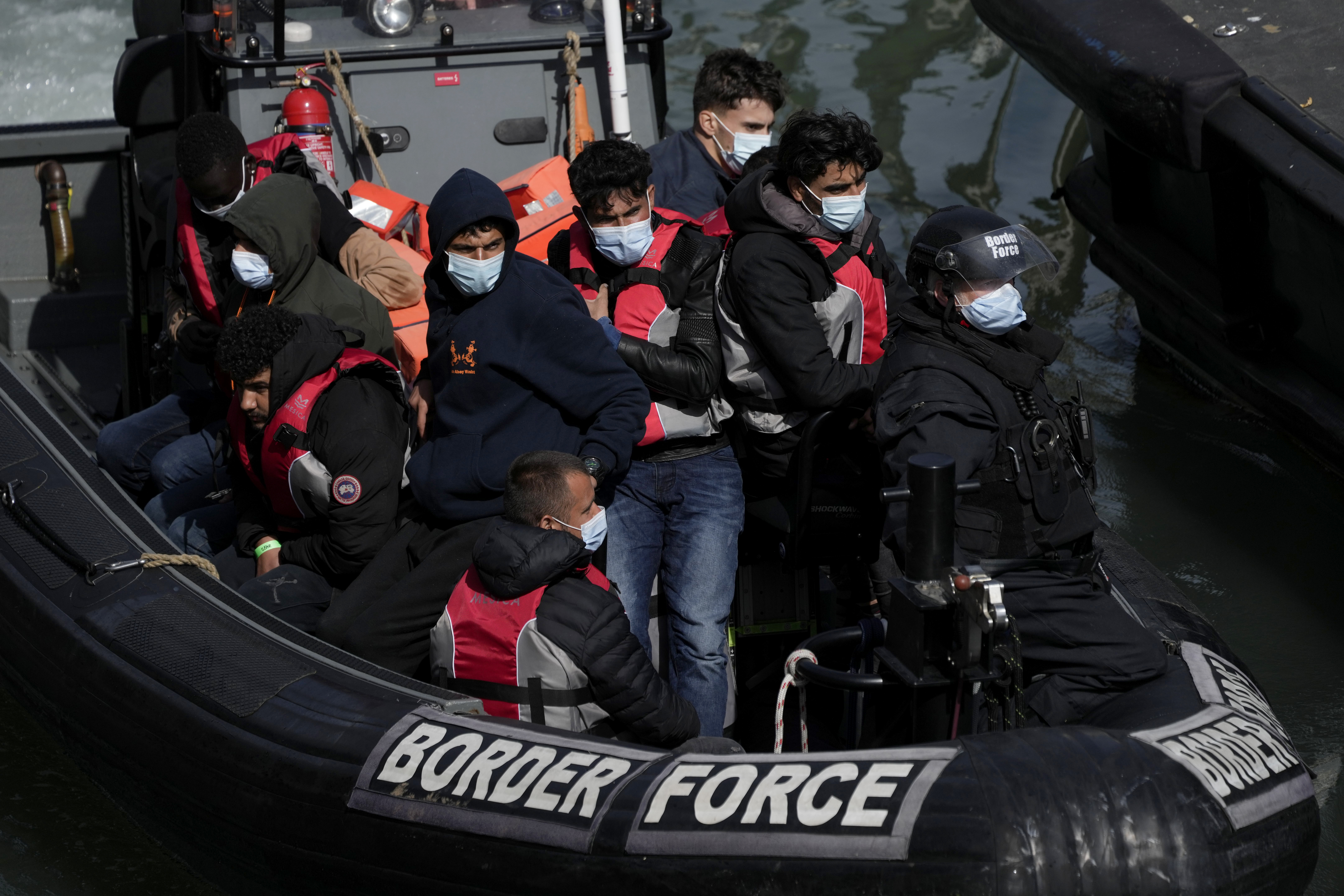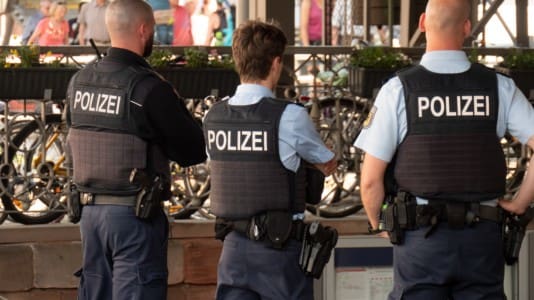NATO leaders are meeting in the Lithuania capital of Vilnius this week to discuss, among other things, the response to Ukraine’s request for membership in the alliance, but the Allies are still not united on the matter.
Reservations are mainly coming from Germany and the United States. According to security expert Vojtěch Bahenský, from FSV UK and the Institute of International Relations, Ukraine will probably not join the alliance as long as there are “large-scale combat operations” taking place in the country, as these pose a serious risk of conflict escalation.
The meeting in Vilnius is only the second formal meeting of NATO leaders since the outbreak of war in Ukraine. Ukrainian President Volodymyr Zelensky will also personally attend it. Ukraine has been hoping for NATO membership for a long time and is now demanding security guarantees from the alliance until it receives its official invitation. With the ongoing counteroffensive against the Russian army, the topic of Ukraine will logically be the most important of the entire two-day summit.
Ukrainian Foreign Minister Dmytro Kuleba has already hinted that NATO members could waive some of the requirements to join, such as the membership action plan, which is a preliminary step before actually joining the alliance. This seems likely even to security expert Vojtěch Bahenský.
“NATO will certainly not want to disappoint the Ukrainians too much. There is talk that they might be forgiven the ‘membership action plan’ (MAP). At the same time, however, they may draw up a different, individual plan for admission to the alliance, which may contain some of the MAP elements,” Bahenský told Echo24 ahead of the summit.
“Now the question is whether such a solution will satisfy Ukraine. It may well happen that the MAP will be forgiven, which will be sold as a big victory and bring Ukraine closer to NATO, but in reality, it will not be such a big step,” he added.
Granting Ukraine immediate membership in NATO is apparently not on the table at all, according to Bahensky. And even if Ukraine received an official invitation after Vilnius, its acceptance would still be subject to ratification by all member states, including Hungary and Turkey, both of which had reservations about Sweden even before the summit.
“I personally think that Ukraine will not become a member of NATO as long as large-scale combat operations are taking place there, which may take quite a long time,” Bahenský said. If the conflict freezes, however, it could be a realistic move, according to him. However, there would have to be the condition that Ukraine would not attempt to use force to regain any lost territories.
“I assume that no alliance state will be interested in taking Ukraine into NATO and subsequently helping it conquer its original territory in a conventional war against the nuclear power, Russia,” he said. The pitfalls lie in Article 5 of NATO’s founding treaty regarding collective defense.
Concerns about triggering Article 5
Article 5 does not directly say that in the event of a military attack on one of the members, the other countries will automatically activate their defense plans and send troops to help. According to Bahenský, this understanding is nevertheless universally accepted, which has value in itself. “And deterrence, as well as confidence in security guarantees, is based on that,” he explained. The problem would then be if military aid did not come due to concerns about the involvement of other states. This could, in his words, weaken “the credibility of the alliance internally and externally.”
It will be essential for the alliance countries to maintain a unified approach to Ukraine despite some disagreements, but reaching a compromise could be difficult. NATO members already promised Ukraine membership at the summit in Bucharest back in 2008, but they did not set any date for entry or specific outlines of accession negotiations.
Bahenský recalled that the Western European states, together with the United States under President Bush, wanted to invite Georgia and Ukraine to NATO, but Western Europe held them back.
“Among other reasons, they felt that there was low public support in Ukraine for joining the alliance; also, both countries had problems with corruption or civilian management of the armed forces,” Bahenský explained.
“So those states did not receive a membership action plan at the time, but as part of a diplomatic compromise, wording was negotiated that they would become members of the alliance one day, but it was not said when and it actually meant nothing,” he added.
But that was before the annexation of Crimea and the outbreak of a conventional military conflict between Ukraine and Russia. Today, possible accession to NATO has the support of the vast majority of Ukrainians. The Interfax-Ukraine agency, citing the results of a survey by the Kyiv Institute of Sociology, wrote that 89 percent of Ukrainians are in favor of joining. The number is slightly higher in the west and lower in the east.





